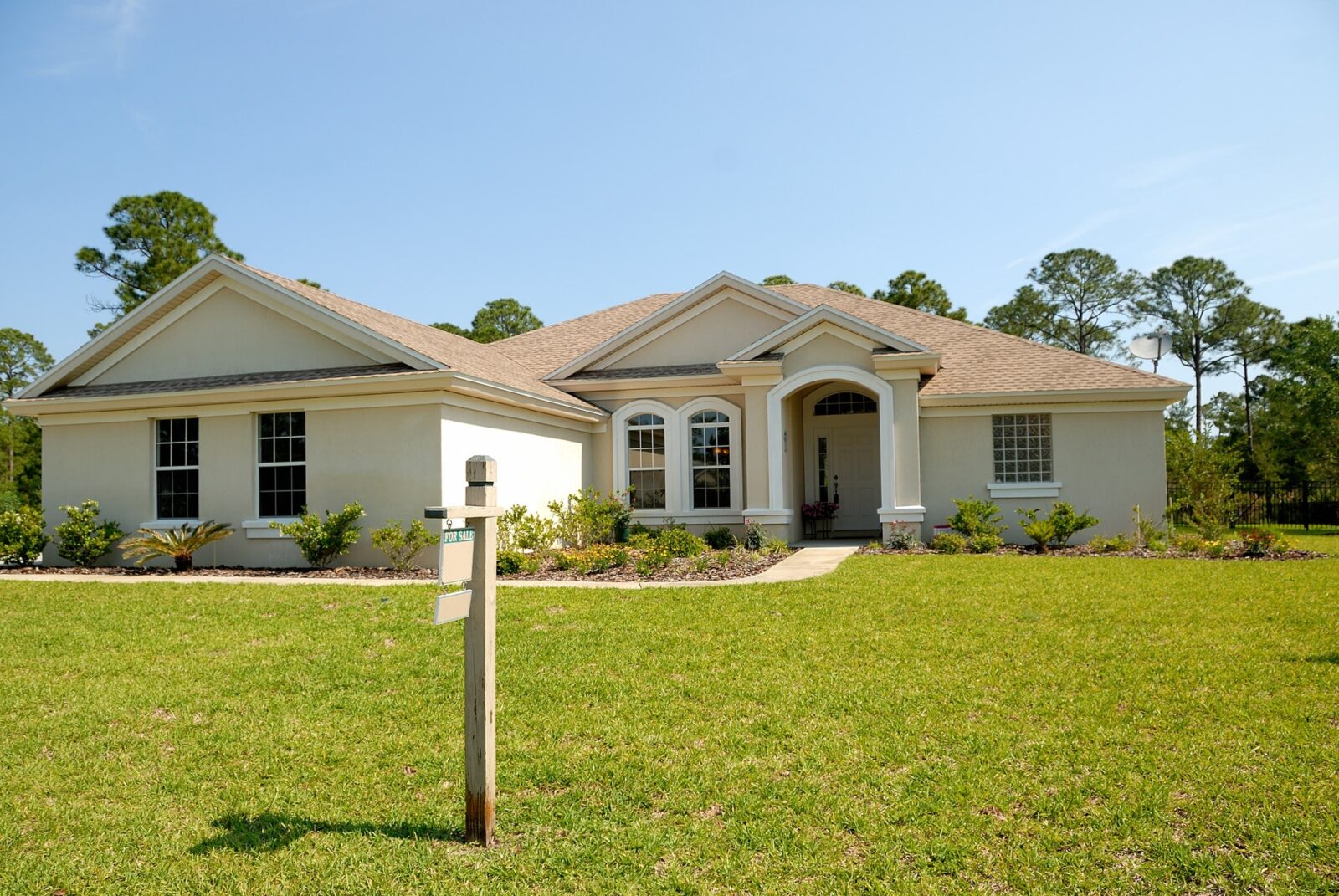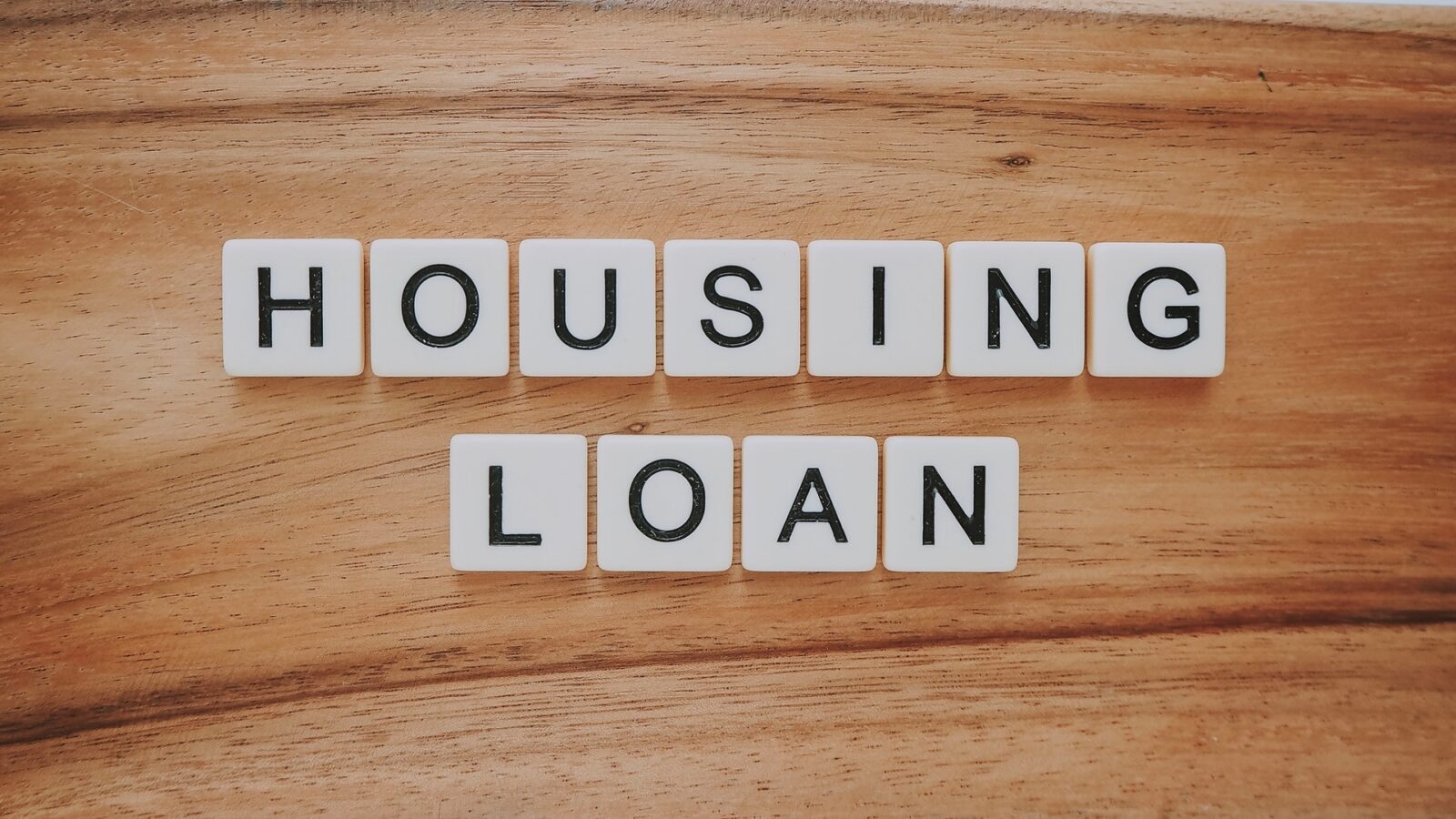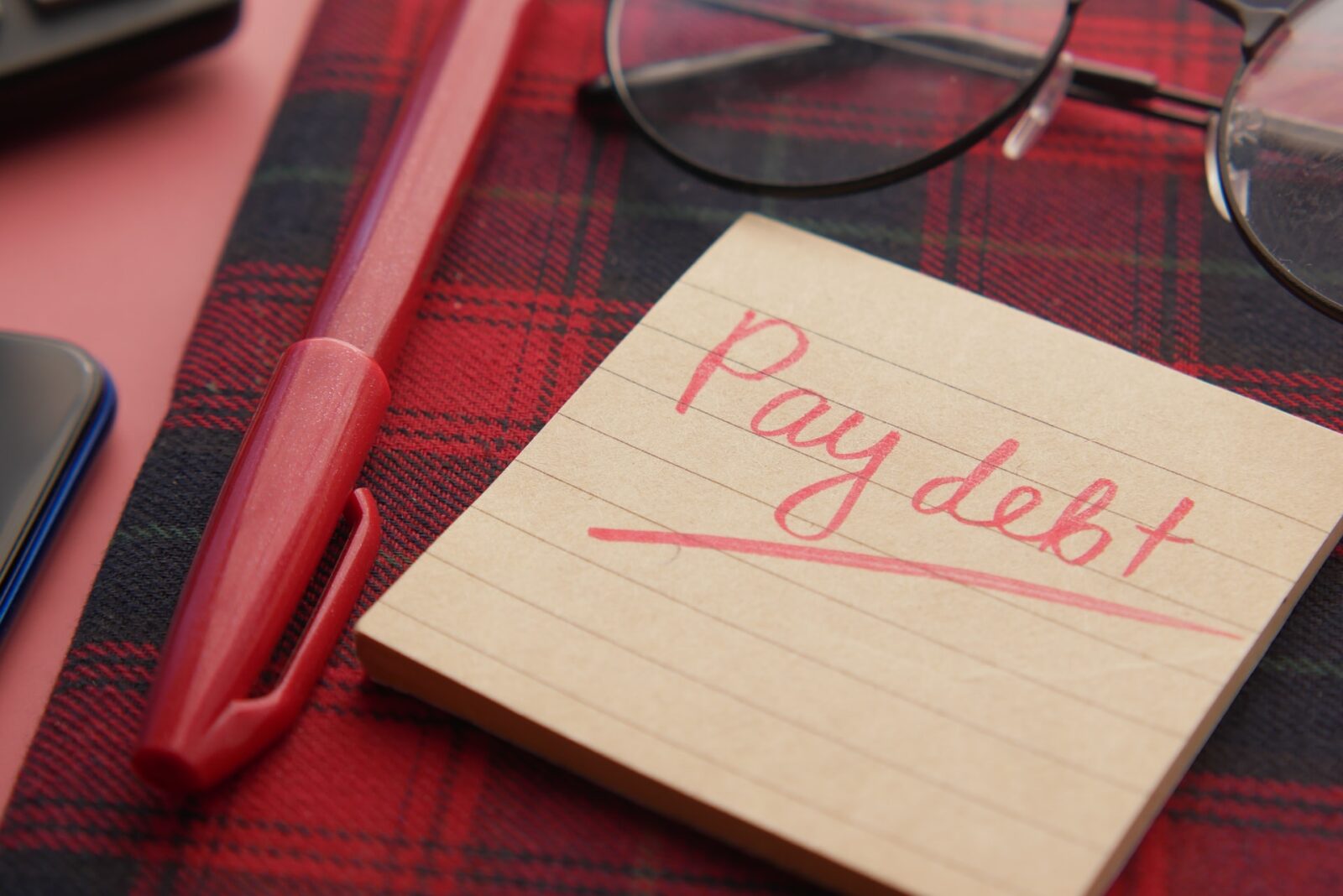
How many people in the world do you think have wondered “I make $70,000 a year – how much house can I afford?” over the past fifty years?
Let us tell you: there are plenty! What’s more, many have purchased their first home easily on a $70k salary! Most successful homeowners understand that there’s more to buying a house than your salary alone.
In this article, we’re going to look at the components that impact how much house you can afford based on your financial history, monthly payment tolerance, debt, as well as your income.
Affordability Guidelines
In a nutshell, purchasing a home is like operating an engine made from multiple moving components. Certain factors will impact others, and we’ll discuss those more in-depth below.
There is no one-size-fits-all framework in the land of financial qualifications and home buying. This is ultimately a good thing because it allows buyers to play to their strengths. That said, understanding how much mortgage you can afford is a good place to start when you’re thinking about what kind of property you can buy on a $70k salary.
Financial experts and lenders use the 28/36 rule to crunch some basic numbers that indicate how much mortgage you can afford based on your income and debt.
What is the 28/36 Rule?
The 28/36 rule is an umbrella guide that estimates the amount you can afford to borrow to purchase a home based on your gross income (total income before tax and deductions) and your debt obligations.
It states that your monthly mortgage payment shouldn’t exceed 28% of your pre-tax monthly income, and your total debt shouldn’t exceed 36% of your pre-tax monthly income. In other words, your debt to income ratio to buy a house shouldn’t be higher than 36%.
How to Calculate Your Debt to Income Ratio
Here is what the debt-to-income ratio (DTI) calculation looks like:
Total monthly debt / gross monthly income = DTI ratio
Here is what you need to do to work out your DTR:
- Calculate your monthly debt obligations
- Calculate your gross monthly income
- Plug the two numbers into the equation to get your DTI ratio
Let’s take a look at an example.
Patrick is a 32-year-old who works at an IT firm and often thinks “I make $70,000 a year, how much house can I afford?”. He pays a monthly credit card bill of $200 and monthly student loan payments of $300.
Patrick’s monthly debt is $500 (200 + 300), and his gross monthly income is $5,833 ($70k / 12 months). Therefore his debt to income ratio is 8.6%.
500 / 5833 = 0.086 = 8.6%
Applying These Figures to Mortgages
When you earn a $70k salary, your gross monthly income will be around $5,833. Your monthly mortgage payments should not be higher than 28% of this value, or $1,633. Your total monthly debt payments (including student loans, credit card repayments) should not exceed 36%, or $2099.
Monthly mortgage payments – and therefore the amount of house you can afford – is related to your income and the amount of debt you currently have.
If you want to speak with someone about how much house you can afford based on your income and debt, contact the team at Ardor Homes Massachusetts, who are dedicated to finding you a home at the best possible price to match your financial capacity!
What Types of Home Loans Are There?
The type of home loan you can get will also impact how much house you can afford. There are two types: conventional loans and government-backed loans.
Conventional loans are issued by financial institutions and are not backed by the government. Government-issued loans are insured against default by the Federal Housing Administration.
Both types of loans are provided under an agreement between the borrower and the lender, based on the borrower’s financial history and qualification for terms specified by the issuer.
Government-Backed Mortgages
Government-issued loans (or FHA loans) often have less strict qualification measures than conventional loans because they are backed against default by the government. Lenders have more confidence in providing these mortgages.
They offer the advantage of “assumable loans,” meaning the buyer can inherit the seller’s loan and start paying where the seller left off. Assumable loans typically come with the original interest rates, which usually work out to be lower than you’d find in the current market.
FHA mortgages enable people from various walks of life, including low-income families, to purchase a house. As a result, they tend to carry stricter repayment structure options, and they are limited to primary residence properties only.
Conventional Mortgages
Qualifying for a conventional loan requires your finances to be in better shape than what government-issued loans require. Financial institutions account for your credit score and your income heavily when approving your loan. They may oblige you to get private mortgage insurance to protect the institution if you default on your loan.
However, if you’re approved, conventional mortgages will often offer you more choices of properties available, refinancing options, and mortgage rates. Buyers who qualify for conventional loans tend to have greater flexibility in selecting their desired property, as well as designing their monthly payment options.

In many cases, conventional loans do not require you to put the full 20% deposit on a property. However, if you pay less than 20% upfront, most lenders will require you to have PMI until you own 20% equity in your home, which can significantly affect your bottom line.
Here are a few examples of the conventional mortgage structures you can get:
- Fixed-Rate Loan: This is one of the more popular conventional mortgage options. Borrowers have the choice between a 15-year or a 30-year loan. Fixed-rate means that the interest rates will remain unchanged for the duration of your loan, regardless of the changes that occur in mortgage interest over that term.
- Adjustable-Rate Mortgage Loan: Variable rate mortgages usually offer low-interest rates when you first sign on, but they’re periodically adjusted based on an index that reflects the cost of the lender borrowing on the credit markets. While these can seem appealing to buyers at first, they can be risky because there’s no ceiling for how high your interest rates may go.
What is Private Mortgage Insurance?
Private mortgage insurance (PMI) is a type of lending insurance that protects financial institutions and private lenders if the borrower defaults on their loan.
Where FHA loans are backed by the government, conventional loans are secured by private mortgage insurance. The additional costs of PMI get paid in your monthly mortgage bill. Under normal circumstances, you can refinance when you reach a certain amount of equity in your property.
Not everyone will be required to get PMI, and the requisite is usually determined by your financial history, your income, and your deposit.
What’s in a Mortgage Payment?
The sum of your monthly mortgage payment comprises several different components. These factors depend on what type of mortgage you choose and the terms and conditions you’re able to secure with your lender.
In general, these are dictated by the lending institution you select and your financial situation. Here are the elements included in a mortgage payment:
Principal
Each month a certain amount of your mortgage – known as the principal – goes towards paying off your home loan. Your principal refers to the primary amount of money you owe to the lender. It directly contributes to you paying off the outstanding loan amount you have borrowed.
Interest Payment
Interest payments refer to the cost of borrowing from your lender. The interest is the amount your lender charges you to borrow money from them to purchase your home.
The amount of interest you owe is calculated as a percentage of the total sum of the mortgage issued by the lender. Generally, most of your mortgage payment will go towards recovering interest in the earlier periods of your loan.
Property Taxes
Property taxes are based on the value of your property and are paid as a part of your mortgage. While it’s considered an additional bill to the mortgage itself, property lenders usually tack this onto your payments as a consolidated sum. It gets dispatched via an escrow account.
Property tax is expressed as the value of your home multiplied by your state’s property tax rates. In states with a high tax, your monthly mortgage payments may be steep.
Insurance
The insurance part of your mortgage is known as homeowners insurance, and it protects your property from damage such as theft, natural disasters, or fire. Homeowners continue paying insurance on their property even after their mortgage is paid off.
You may also have additional PMI insurances if you take on a conventional loan and deposit less than 20% upfront.
HOA Fees – If Applicable
If your property is purchased in a location with a homeowners association, you’ll be required to pay fees for this undertaking. The charges cover the cost of community benefits such as landscaping, maintenance, trash removal, and community centers.

Other Factors That Will Impact Your Budget
We’ve said it before, and we’ll say it again: many different factors will impact the amount of house that you can purchase with a $70k income. Above, we’ve discussed what will affect your mortgage payments which ultimately determine how much you can afford to put into a property.
But there are several components external to a mortgage that impact the total amount you’ll be able to invest into a property. Some of these will influence the mortgage payments you make over the long term.
Your Credit Score
Your credit score is a code that financial lenders use to depict your creditworthiness. Whether you apply for a conventional or a government loan, lenders will usually look at this score to determine whether you qualify for a mortgage.
Private financial lender requirements differ, though as a general rule, you’ll need a credit score of 620 or above for a conventional loan. FHA and government-backed loans tend to have lower benchmarks.
Your Minimum Down Payment
By making a larger down payment, you borrow less. Either this reduces your monthly expenses, or it means that you can afford a bigger house.
Particularly if you have a conventional loan, an extra 20% down payment on your house means that you may not have to pay PMI, which can save you a lot in interest over the long haul.
When you have more saved to pay upfront, financial lenders understand that you’re a scrupulous saver. This can help you sign and seal the deal and get the keys to your new home quicker.
The Duration of Your Mortgage
How long you sign on to pay off your mortgage will impact two things:
- The monthly payments you make on your mortgage.
- The total interest you pay over the life of your loan.
If you sign on to a 15-year loan, your mortgage payment will be higher than on a 30-year loan. However, in the latter example, you’re paying the lender interest to borrow the money for twice as long. Over the full loan term, your monthly payment in interest could end up costing you many tens of thousands more.
Location
The location you choose to invest in will dictate the additional fees you need to budget for, such as property taxes or HOA fees. It also affects the market value of your property, which is regulated by the price of similar properties in the area.
Choosing to invest in a gated community or an urban center versus a quiet residential location, or even the difference between a high or low-tax state will affect how much house you can afford with a $70k income.
Tips to Afford a Bigger Home
If you’re asking yourself, “I make 70,000 a year, how much house can I afford?” you’re not alone. Making your dollar go further when you plan to buy a house is possible, but it requires some planning. Here are a couple of things you can do:
Clear your Debt
Financial lenders want to see your total monthly debt payment projections after you have purchased your house as less than 36% of your monthly income. If you have student debt, credit card repayments, or otherwise, focus on reducing the amount of debt you have before applying for a mortgage.
Reduced debt will influence the amount you can borrow and how much house you can afford.

Save More for Your Down Payment
Having a large sum of capital upfront to purchase your house proves to financial lenders that you have good financial habits and an advanced ability to save. As a result, you may get approved for your loan easier, it may reduce your total mortgage, or you might even have the chance to buy a bigger house.
Saving early to put aside a little nest egg can alleviate the pressure of monthly mortgage payments, as you can supplement them with your savings.
Summary
When you find yourself pondering “I make 70,000 a year, how much house can I afford?” remember that there’s more to affording a house than your salary alone. The “bigger picture” of your finances, including your credit score, current debt, and savings will impact how much house you can afford, too.
Location, property taxes, and the mortgage you qualify for influence your monthly payment obligations, which affects the amount of house you can afford on a $70k salary.
Homes Across America is a team of expert agents dedicated to helping you make your money go further when purchasing your home. If you’re unsure where to start, but you know you want the house of your dreams at the best possible price, get in touch with Ardor Homes Massachusetts, and see just how far your $70k income can get you!

In her 25-year career, Steph Wilkinson has been involved in the acquisition, marketing and sales of over $3 Billion dollars of residential real estate. A number of years ago, Steph transitioned into Brokerage Leadership for National real estate brands and tech start-ups. She has served as a Business Strategist for real estate agents and brokerages alike and is also a real estate coach and trainer. In her new role with the Iconic Team, Steph will be responsible for the growth of the team and will be working with all of our agents to increase their productivity and bottom line.




